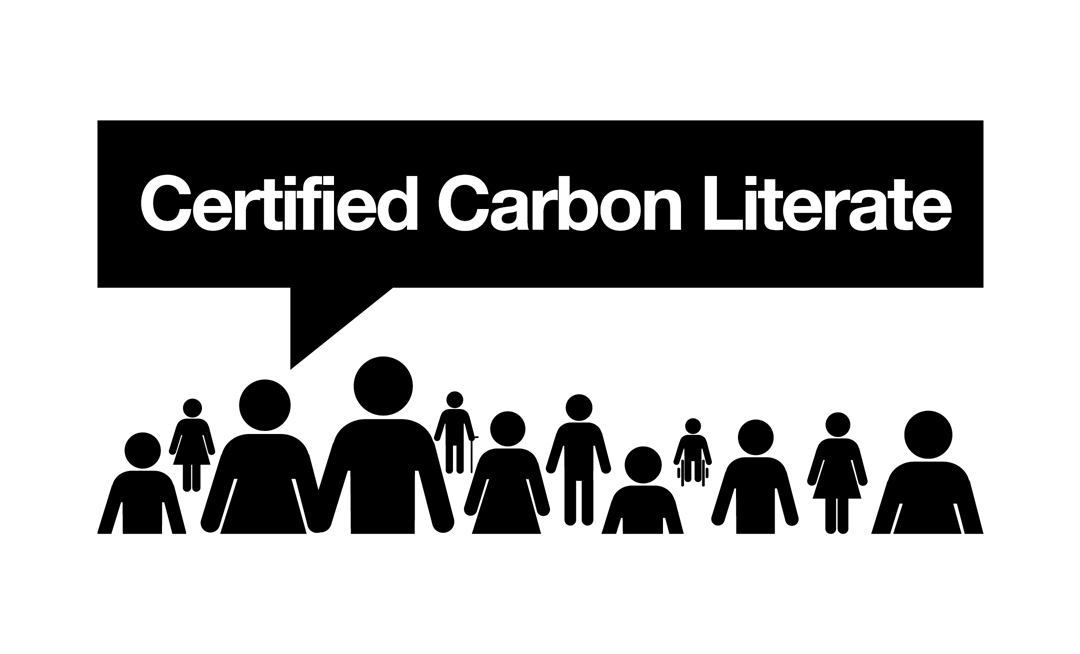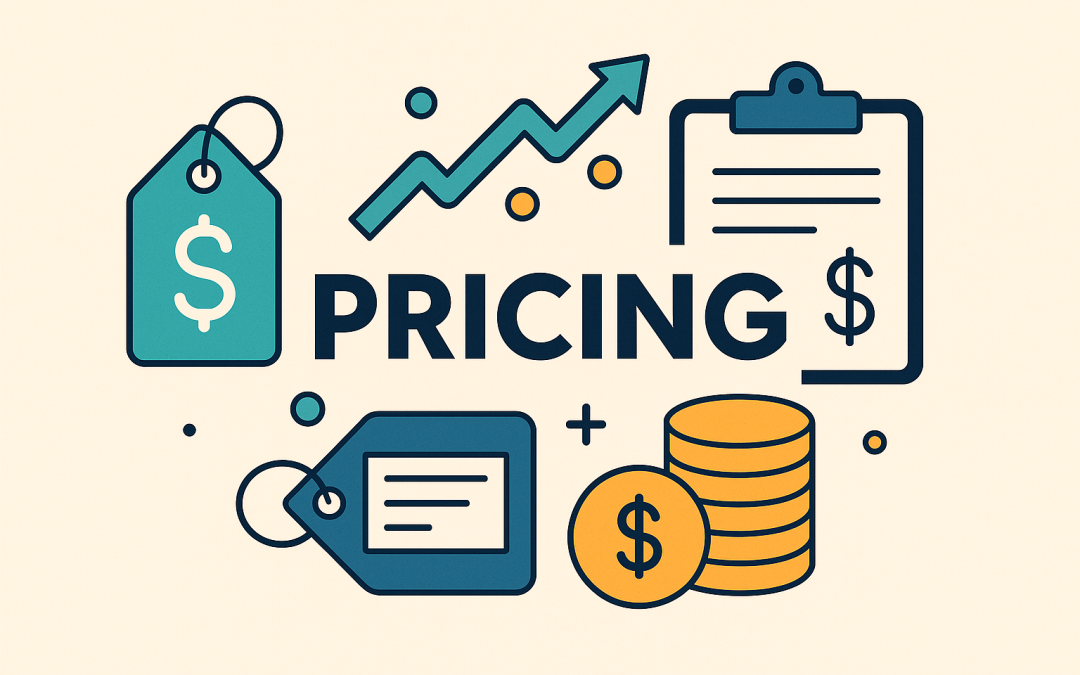Overview
A recent article shares that 75% of organisations believe the accounting industry will play a pivotal role in addressing climate change, according to a senior figure at Dext (1). The rapidly growing demand for advisors with expertise in sustainability is among the highest yet within the accounting sector.
As business advisors to SMEs, we’re already seeing an increase in demand for these services, which will only grow as tighter data reporting regulations are introduced. Accountants have a great existing skill set that lends itself to sustainability and climate consultancy services, particularly in areas such as carbon accounting.
This article outlines the risks and opportunities the climate crisis poses to accountants and their clients, how to embed sustainability into their business strategy to support clients and protect their firm’s reputation, and how to position their firm as purpose-led with expert support.
Risks of Inaction
Reputation will be the first thing to be damaged if you choose to ignore climate risks or if you take too long to take action. Falling behind in this evolving landscape can damage how new and existing clients perceive your firm. With sustainability becoming a core value for many people, businesses that don’t align with their clients’ values risk losing work.
As regulations tighten, clients will increasingly seek accountants who can guide them through the risks. Those who can’t may lose clients to more knowledgeable competitors.
Accountants are usually the main, if not the only, advisors that businesses have. Clients expect them to understand emerging risks to their businesses. Not being able to answer climate-related questions may undermine your credibility and break trust, potentially resulting in lost business.
Opportunities
An ICAEW article notes that a “lack of time, expertise and budget means many SMEs are not able to measure and track their sustainability performance appropriately.” Only 7.7% currently run formal reporting programmes, and just 0.7% report on their social and governance impacts (2). This presents a huge opportunity for accountants, especially those advising SMEs, to provide them with a service they so desperately cite for and ultimately drive financial growth.
Low barrier to entry: Accountants already possess the data, relationships, and strategic mindset needed to provide sustainability services. Often, the missing piece is knowledge. Confidently speaking to clients about climate change and the ways in which it will affect their business can seem daunting, but accountants can take a few key steps to solve this issue. Gaining the core knowledge needed to address these risks and opportunities through courses like Carbon Literacy is a great starting point. From there, ongoing support, deeper client-specific research and collaboration with experts can help accountants stay on top of relevant regulation and offer even more value to their clients.
Offering in-demand services tailored to your clients can unlock a new revenue stream and be highly profitable. Sustainability consultancy can start from as little as £150 an hour.
Take advantage of the shift to a low-carbon economy. According to the ACCA Professional Insights Report, 75% of respondents say it’s important that accountancy and finance teams support their organisations in tackling climate change (3). Embracing this demand now can position accounting firms as progressive and forward-thinking in an oversaturated market.
Offering these services gives accountants a Unique Selling Point (USP): The accounting profession is slow to adapt. By starting the transition now, you can position yourself as a progressive, purpose-driven firm. One that leads, rather than follows.
Implementation
Sustainability shapes the long-term vision and purpose of a company, which is why it must be embedded into your business strategy. The business model is evolving from profit-only to one that balances people, planet, and profit.
Once your own firm’s strategy is in place, you can begin supporting your clients. Common ESG reporting areas include:
- Carbon emissions (Scopes 1 & 2)
- Energy usage (e.g., gas and electricity)
- Supply chain ethics
- Social factors (e.g., employee wellbeing, DEI policies)
- Waste management
- Use of local or ethical suppliers
The picture above illustrates the most common ESG reporting areas.
Under the EU’s Corporate Sustainability Reporting Directive (CSRD), SMEs on regulated EU markets must start reporting in the 2026 financial year. While this currently only applies to EU-based SMEs, the UK is expected to follow suit as regulation tightens.
Even now, UK SMEs that supply to large companies are being asked to provide ESG data, particularly Scope 3 emissions, which relate to supply chain impacts. Without this, they risk being excluded from tenders or contracts.
We’ve already seen this in practice: one of our clients missed out on a highly profitable contract supplying lighting for the Olympics because they lacked sustainable practices. Their competitor won the contract due to a carbon reduction plan and net-zero target in place which damaged our clients reputation. (Read the article here)
Customer demand is also shifting. In sectors like construction, food, and manufacturing, environmental credentials are now a key factor in procurement. Certifications such as B Corp, Carbon Literacy, ESG Mark, and ISO 14001 are influencing purchasing decisions. SMEs will need help, and if their advisor can’t provide it, they’ll look elsewhere.
Conclusion
Accountants who act now, understanding these issues and how to support their clients, will be better positioned than their competitors. They’ll build stronger client relationships, protect their reputation, and unlock new opportunities for financial and purposeful growth.
We offer support to help accountants on their journey toward a protected, purpose-led future. Our main service is Carbon Literacy Training specifically designed for accountants & advisors, certified by the Carbon Literacy Project. You’ll gain a foundation in carbon accounting, climate science, upcoming legislation, and sustainability strategy. You’ll also receive tools to start advising clients confidently.
We’ve sourced the right software providers for you and offer ongoing support through our membership programme, which includes: Educational videos, exclusive discounts through partner networks, consultations with sustainability experts, webinars and community support.
Sign up to Carbon Literacy training here, and future-proof your practice in this crowded market.



